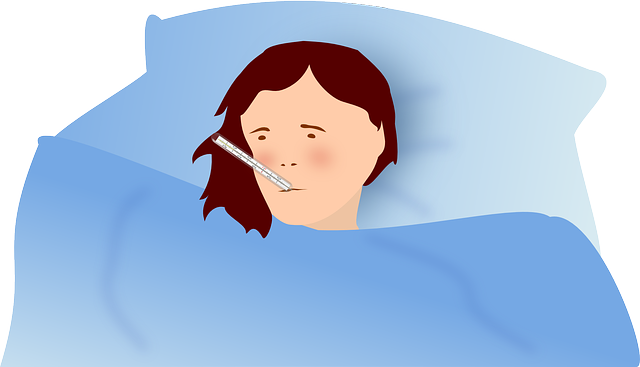Flu activity in Ohio is increasing and widespread throughout the state, as reflected by the increase in the number of flu-associated hospitalizations.
The Ohio Department of Health (ODH) tracks and reports seasonal influenza activity on a weekly basis. This current influenza season’s activity is reported from October 2018 to May 2019.
An annual seasonal flu vaccine is the single best way to help protect against the flu. It’s not too late to get a flu shot. ODH and the Centers for Disease Control and Prevention recommend thateveryone 6 months old and older get one as the best protection against seasonable flu viruses. It takes about two weeks for a flu shot to take full effect.
Influenza is a potentially serious disease that can lead to hospitalization and sometimes even death. Flu can lead to missed work or school. Some people, such as older people, young children, pregnant women and people with certain health conditions (e.g., asthma, chronic lung disease, diabetes, heart disease, weakened immune system) are at high risk of serious flu complications.
Flu symptoms can include fever, cough, sore throat, body aches, headache, chills and fatigue. Although most people fully recover from the flu, some experience severe illness like pneumonia and respiratory failure, and the flu can sometimes be fatal. People who think that they may have the flu and are pregnant, have an underlying medical condition or who are extremely ill should contact their healthcare provider immediately.
Flu vaccines are offered by many doctor’s offices, clinics, health departments, pharmacies and college health centers, as well as by many employers and some schools.
More information about influenza and flu activity in Ohio is available at www.flu.ohio.gov.
Flu symptoms can include fever, cough, sore throat, body aches, headache, chills and fatigue. Although most people fully recover from the flu, some experience severe illness like pneumonia and respiratory failure, and the flu can sometimes be fatal. People who think that they may have the flu and are pregnant, have an underlying medical condition, or who are extremely ill should contact their healthcare provider immediately. Flu vaccines are offered by many doctor’s offices, clinics, local health departments, pharmacies and college health centers, as well as by many employers and some schools.
Information from the Delaware General Health District in terms of adult immunizations can be found at this location.









